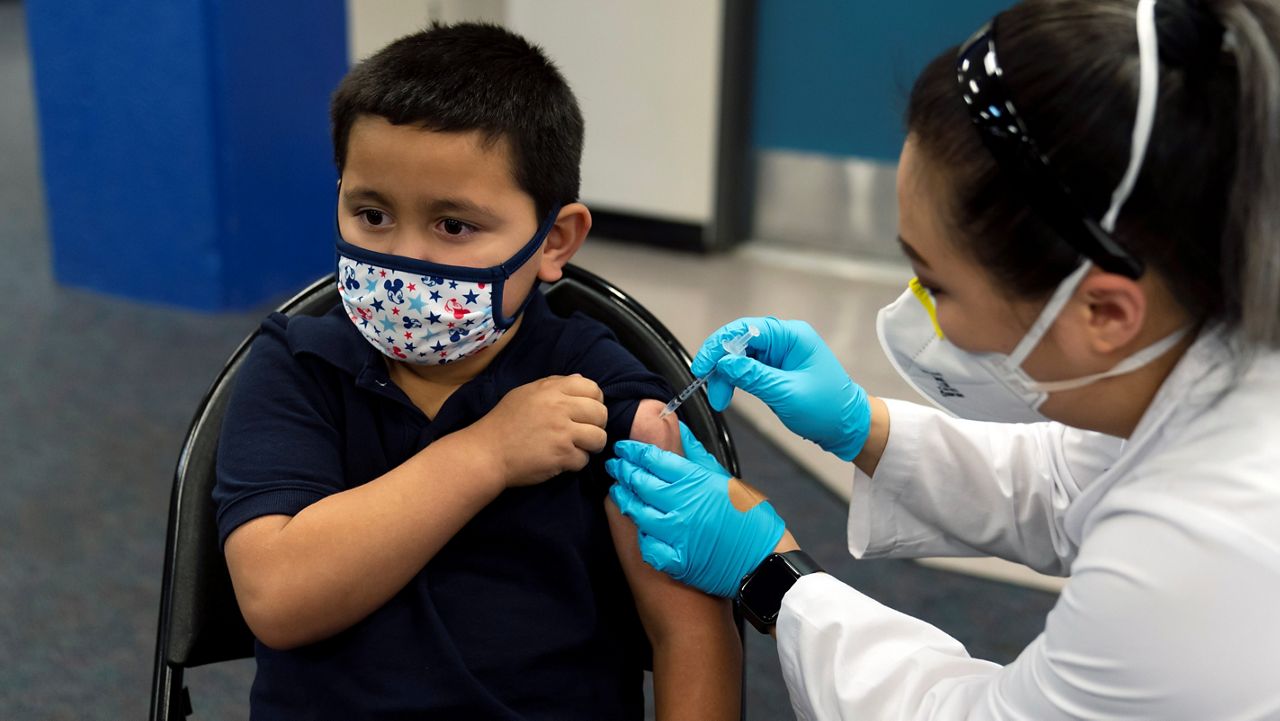WISCONSIN — Wisconsin is behind other states in its childhood vaccination rates, according to a new report by the Centers for Disease Control and Prevention.
Data from the Wisconsin Department of Health Services was used to compare kindergartener vaccination rates for the 2023-24 school year to other states’ data.
What results showed was that children in Wisconsin were behind on “important” vaccines, such as polio, pertussis, diphtheria and tetanus, and measles, mumps and rubella (MMR).
“While most Wisconsinites are protecting their children with vaccines, we are below where we need to be to protect our state against preventable outbreaks,” said State Health Officer and Division of Public Health Administrator Paula Tran in a release. “Vaccines are proven to be one of the safest and most effective ways each of us can prevent serious illness and death due to diseases. When the majority of people are vaccinated, it is much harder for that disease to spread in a household, a classroom, or across a community.”
DHS noted the percentage rate of one vaccine in particular. In the report, only 84.8% of Wisconsin kindergarteners were up to date on the MMR vaccine. Nationally, that number is much higher, with 92.7% having received the vaccine.
Officials said the reason they monitor these rates is to understand the risk of certain diseases spreading in specific areas. However, with rates declining, it said its leaving communities “vulnerable.”
“There’s no shortage of vaccines, but we know families can be short on time, may not have a clinic close by, or worry about the cost, and that can make it difficult to get their kids in to be vaccinated. They may also have questions about the safety of the vaccines,” said Dr. Stephanie Schauer, Wisconsin Immunization Program Manager, in a release. “Parents should talk to their pediatrician, community clinic, or local health department if they have questions about how to best protect their child from illnesses. They can answer questions, help them find vaccination clinics near them, and help them access health care coverage their family may need.”
DHS said there is support for families who don’t have insurance or for those whose insurance might not cover vaccines.
You can also find information on recommended vaccines, here. You can see if you’re up-to-date, here.



